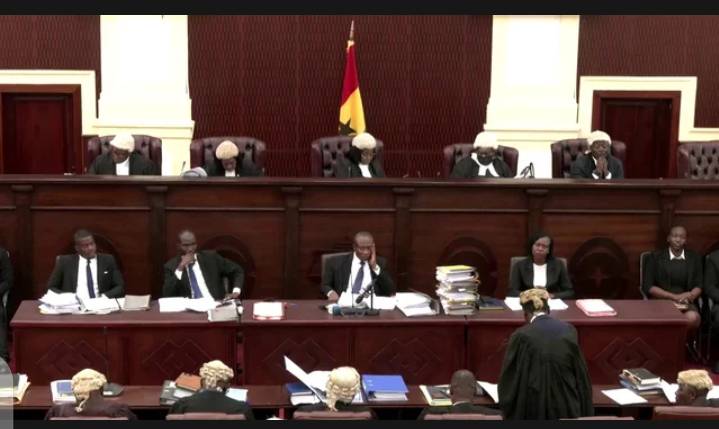The Supreme Court of Ghana recently denied an appeal by Speaker of Parliament Alban Bagbin, which sought to reverse a temporary stay on his decision to declare four parliamentary seats vacant. The controversy began on October 17, 2024, when Bagbin invoked Article 97 of the 1992 Constitution to argue that Members of Parliament (MPs) who either switch parties or decide to contest elections as independents must vacate their seats. This affected four MPs: three from the ruling New Patriotic Party (NPP) and one from the opposition National Democratic Congress (NDC). The Speaker’s action was rooted in his interpretation of Article 97, which aims to preserve party loyalty among MPsã€7†source】ã€8†source】.
The NPP-led Majority caucus immediately protested, asserting that Bagbin’s ruling overstepped his authority. They argued that declaring parliamentary seats vacant falls under the jurisdiction of the judiciary, not the Speaker, and accused him of undermining the separation of powers. In response, the Majority caucus staged a walkout from parliamentary proceedings, signaling their strong opposition to what they considered a judicial overreachã€8†source】ã€9†source】.
In light of the escalating dispute, the NPP sought relief from the Supreme Court, which granted a stay on Bagbin’s declaration. This temporary measure allows the MPs to retain their positions while the case undergoes further legal examination. The Supreme Court’s decision momentarily preserves the existing parliamentary balance, with the NPP holding 135 seats and the NDC 136. This delicate balance is crucial, as it could impact the outcome of critical legislative votes in the run-up to the 2024 general electionsã€7†source】.
The ruling has intensified political friction between Ghana’s legislative and judicial branches, as well as between the NPP and NDC caucuses. The Supreme Court’s final decision is expected to address constitutional questions around the Speaker’s authority to interpret and enforce parliamentary membership requirements. As the legal proceedings continue, Ghana’s political landscape remains tense, with both parties closely watching the judiciary’s interpretation of parliamentary law. This case underscores ongoing challenges within Ghana's democratic institutions, especially concerning the separation of powers and the scope of parliamentary authorityã€8†source】ã€9†source】.




No comments yet
Be the first to share your thoughts!